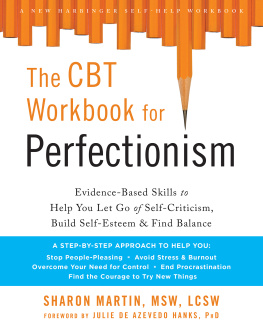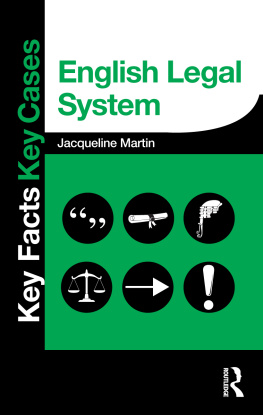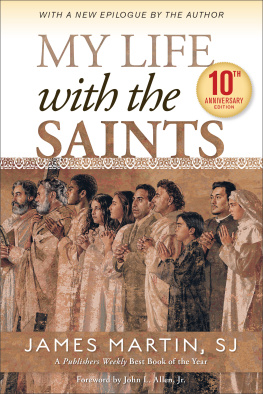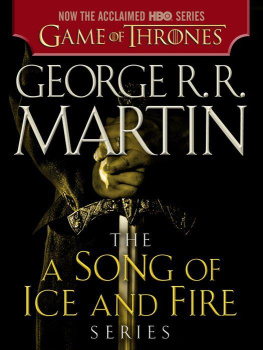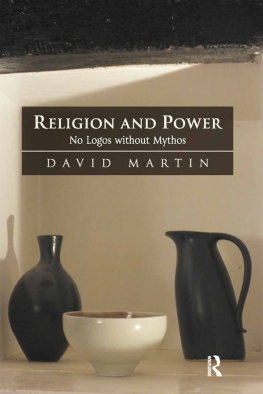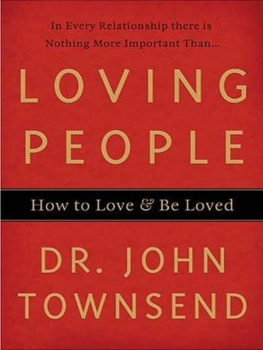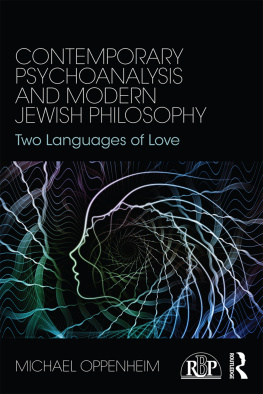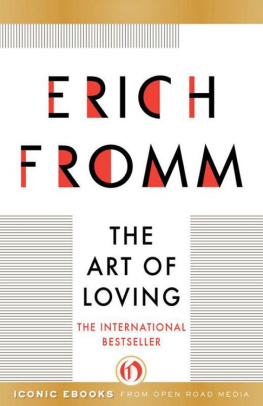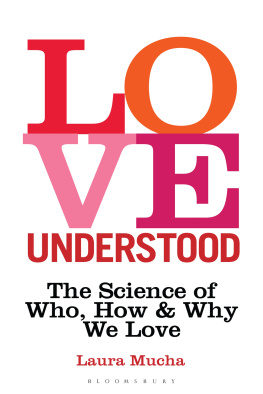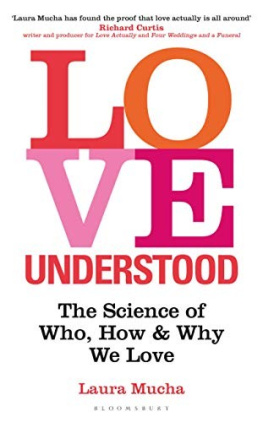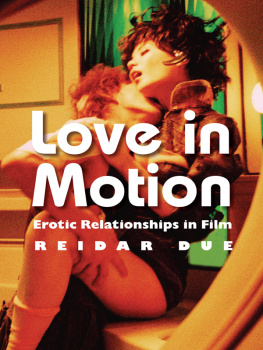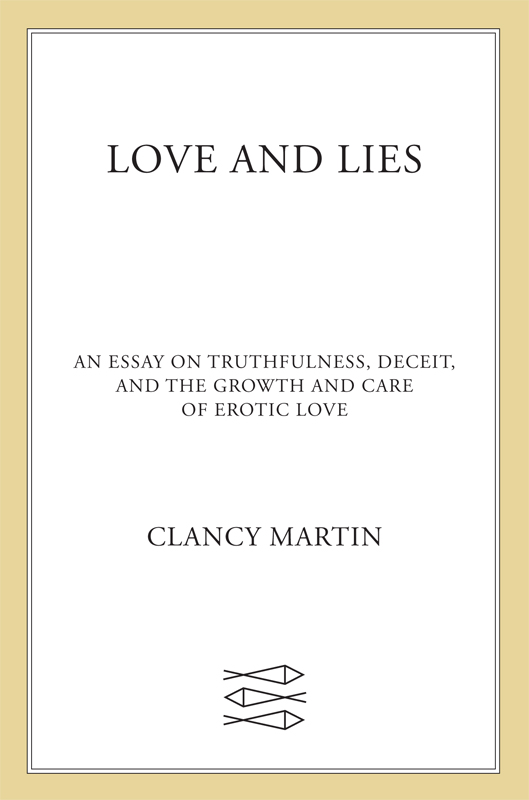Contents
Guide

The author and publisher have provided this e-book to you for your personal use only. You may not make this e-book publicly available in any way. Copyright infringement is against the law. If you believe the copy of this e-book you are reading infringes on the authors copyright, please notify the publisher at: us.macmillanusa.com/piracy.
For my parents:
Anna Victoria Moody
John William Martin (19401997)
Contents
Lie to me
I promise, Ill believe
Lie to me
But please dont leave.
Sheryl Crow
My wife, Amie, and I were lying in bed that morning, being lazy and reading. It was a Monday morning, so we both should have been up working, but we werent ready for the weekend to be over. We were in Iowa Citymy wife was at the Writers Workshopand spring had arrived at last. It was lovely with the tulips and the swollen river and the very sudden arrival of such a late spring. I had just finished a book, and she was in the middle of hers. Okay, Im getting up, I said, and she said, No, lets stay in bed a little longer, and dug another book out of the big tin steamera kind of old sailors trunkthat she keeps at the end of the bed. She gave me the book. It was William Maxwells So Long, See You Tomorrow . I knew about his reputation as an editor but, I am a bit embarrassed to admit, had never read any of his writing. I didnt want to read the book because I did not know its name and something about the title bothered me. Also, I sometimes have the stupid, arrogant idea that if I have not heard of a book, its probably not very good.
The book opens with the account of a shooting. Then Maxwells narrator goes back to his own childhood, which was very much like my ownbookish, the middle of three brothers, raised by his own parent and a stepparent he could never accept. His narrator seemed to understand that feeling of confusion that characterized my own childhood. I was drawn into the book; I had that exhilarating feelingthe best feeling we can get, perhaps, from readingof encountering a long-lost friend, someone whom I would never meet (Maxwell died in 2000, at the age of ninety-two), but who saw the world through eyes similar to my own, who felt some of the things I had felt; I had that feeling of being not so alone in the world as I was before I opened the book. Then I came to this passage:
What we, or at any rate what I, refer to confidently as memorymeaning a moment, a scene, a fact that has been subjected to a fixative and thereby rescued from oblivionis really a form of storytelling that goes on continually in the mind and often changes with the telling. Too many conflicting emotional interests are involved for life ever to be wholly acceptable, and possibly it is the work of the storyteller to rearrange things so that they conform to this end. In any case, in talking about the past we lie with every breath we draw.
Listen to this, I said to my wife, and read it to her.
Well, maybe you guys lie about the past, she said, but not me. She is a very intelligent, very funny person, my wife.
There are many books, like Maxwells So Long, See You Tomorrow , or Marguerite Durass The Lover , or Stendhals Love , that may in a more artistic way capture what I try to say in a more analytical way here in this little book of my own. One way of restating my own thesis would be to say, with Maxwell: In talking about love we lie with every breath we draw. But obviously for Maxwell and me talking about the past and talking about love are also how we get to the truth of things. Talking about the past, like talking about love, is not so much lying as it is trying to tell a story that must be told and cannot be told any other waytelling the truth, but telling it slant, as Emily Dickinson famously recommends. Perhaps the truth we are trying to get at could be told in many different ways, none of which would be nakedly factual. In any case, what we mean by telling the truth is itself much more complicated than we normally pretend it to be, particularly when were talking about the past and about love.
Furthermore, for most of us, we cant talk about love without also talking about our pasts. In this prologue and throughout this book, I will be talking about my past in order both to illustrate how I came to be fascinated with the interconnections of love and lying and to provide concrete examples of the arguments I make: to provide grist for the philosophical mill. Consequently, this book is part memoir, part self-psychoanalytic analysis, part philosophical argument, and, because many of the most fascinating lovers are in literature, part literary criticism. Here and there a little science also finds its way in, because much of the most interesting recent research on deception is being done in experiments and laboratories.
* * *
When I was twelve or so, my mother found some Penthouse magazines under my bed. When she confronted me with them, I lied, and said: Dad gave them to me. I had recently returned from his home in Miamiwe lived in Calgary, Albertaand it was a plausible fib.
When my mother called my father to confront him, he said, Clancy has some difficulty when it comes to the truth.
Well, at least he comes by it honestly, my mother said, and hung up on him.
My father was a great storyteller. So is my mother, and for a long time I believed both of their stories were true, even when they disagreed. It was perhaps for this reason that it was natural to me when, later in life, I encountered the philosophers Sren Kierkegaard and Friedrich Nietzsche, both of whom argue that truth is a matter of ones perspective, that not only will different people see the truth differently but also the truth itself may vary from person to person. This way of thinking about truth doesnt work very well with statements like 7 + 5 = 12; it looks as though wed all better agree about the truth of that claim, if we understand the claim at all. But it works much better with statements like We were meant to be together, son or Your father and I were never happy or Ill never love another woman or The marriage could never work or That was the best year we ever had. Statements that we genuinely care about, in short, are the ones in which their truth looks as if it were involved with the perspective of the narrator. Subjectivity is truth, Kierkegaard provocatively wrote, under a pseudonym (thus showing that he was speaking from a particular perspective); what I sometimes think he intended by this was Subjectivity is meaning . My perspective, my truth, is inextricably bound up with what I find to be meaningful.
When I say, for example, that its true that I love my daughters or that I love my wife, I couldnt attempt to specify the truth conditions that govern that claim. I cant point to the truth of it in the way that I can point to the truth that The apple is on the table. Furthermore, the fact that I love them seems to be an importantly different kind of fact from the fact that the apple is on the table. That the apple is on the table is fundamentally a matter of indifference to me. Its the sort of fact that is easily demonstrated to be true, but I dont care that much about it, even if Im hungry. That I love my children and my wife is the kind of fact that is of the utmost importance to me. But its also the sort of fact that is private to me, though naturally I hope they know it too. And it would be difficult, perhaps impossible to prove that I love them in the way I could prove that the apple is on the table. The truth or fact of my love is subjective; the truth or fact of the apples being on the table is objective. The crucial difference between the two sorts of facts is that my love for my wife and children is part of the world of those truths that matter most to me, that give my life meaning, that define who I am and how I inhabit the world. And I am involved with those facts or truths in an active way, in which I am not particularly involved with the fact about the apple. If I die today, my love for my wife and my children goes with me, but that darned apple stays right where it is. This requirement of my active participation with the truth of my love is part of why it is meaningful to me; it is also part of why that kind of truththe truth of my loveis much more complex, slippery, and interesting than the usual sort of truth or fact.


